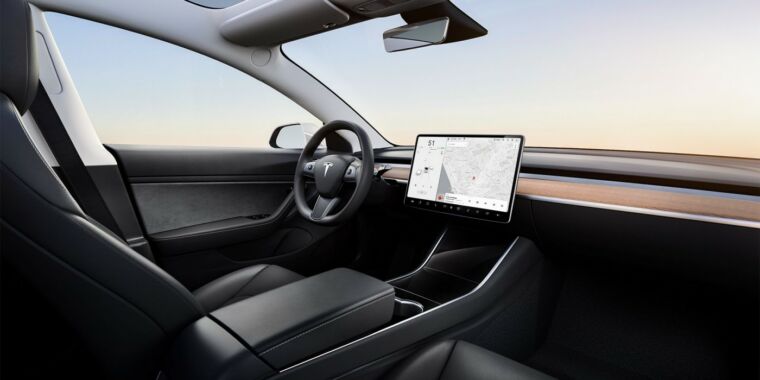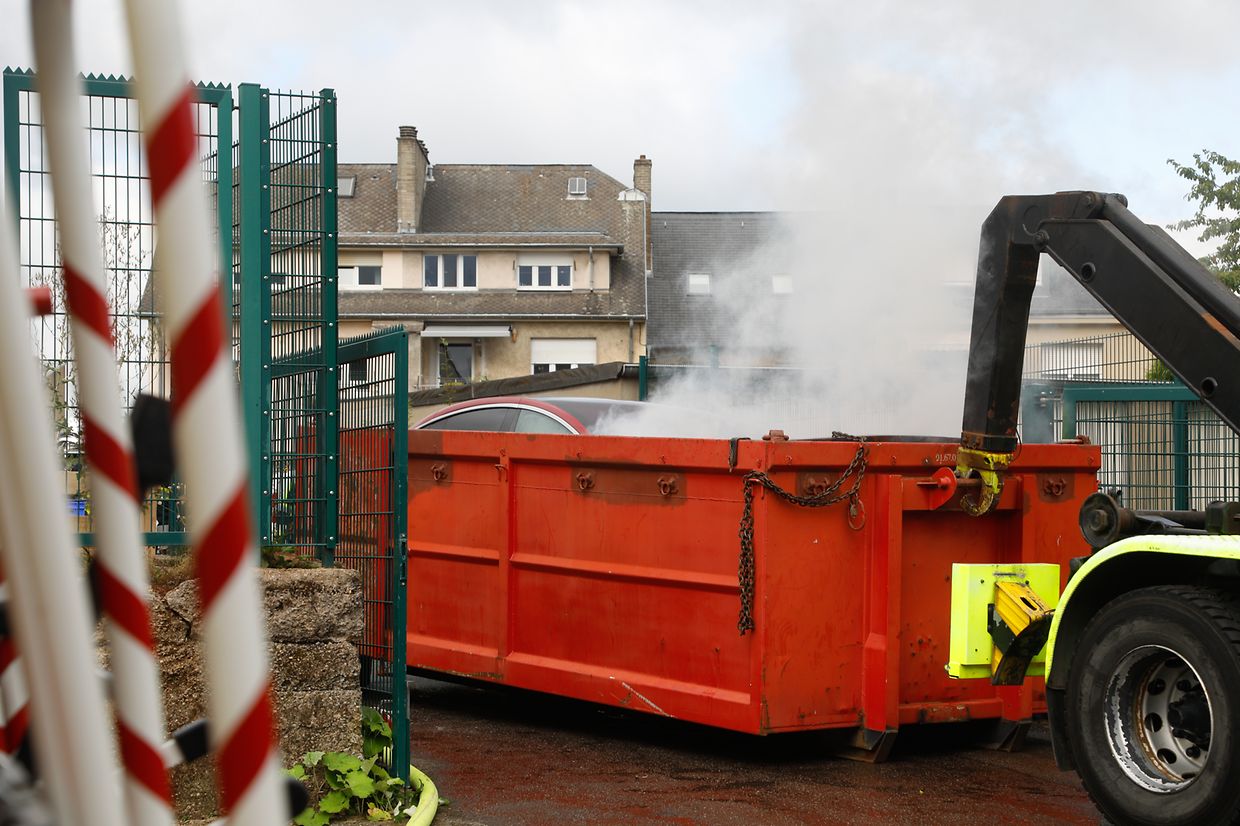caligula666
Member
Lots to unpack in this thread, from copyright law to proper use of NTSBHSASBH.
But really, the core concept most people on this forum seem disagree over IMO is the legal vs. human aspect.
Some are arguing that what Tesla is doing is legally right, that they didn’t promise anything, when they say « auto-pilot », it does not imply it is really « auto », it is « automatic » until it is not, etc. So legally they fit within limits and people raising issues about it are ill-intentioned.
Others are arguing that this stance is in denial of how human beings operate i.e. they are not robots. In particular, when your car, extensively advertised as such, handles a lot of situations on its own for miles/km/hours, then has an abrupt absurd behavior, sure, you have to be in control at all time, that’s what the legal agreement says, but by the very definition of a system that can reduce your cognitive load, you get into less of an alert mode, and you might be ill-prepared to react. Again, are you supposed to do that, legally? No, you are not. But is that legal’ish stance even recognizing how the average human brain operates? There are tons of studies in that space, this has been extensively analyzed with plane pilots, the risk of zoning out is real. Would it be best if we could have sub-milliseconds reaction time at all time for long monotonous durations like a robot? Yes, for sure, and that’s the very reason we need robots: because we are horrible at it! And so, since Tesla has been very actively playing in that grey zone for a while, hoping for humans to be like robots, but that it still can’t stop when a fire truck is stopped in the middle of a lane, that makes a number of people wonder whether that’s really ok.
As for the media attention they are getting, well, yeah, they are getting HUGE amount of FREE media attention. Some positive, some negative. I’m surprized anybody would be surprized…
But really, the core concept most people on this forum seem disagree over IMO is the legal vs. human aspect.
Some are arguing that what Tesla is doing is legally right, that they didn’t promise anything, when they say « auto-pilot », it does not imply it is really « auto », it is « automatic » until it is not, etc. So legally they fit within limits and people raising issues about it are ill-intentioned.
Others are arguing that this stance is in denial of how human beings operate i.e. they are not robots. In particular, when your car, extensively advertised as such, handles a lot of situations on its own for miles/km/hours, then has an abrupt absurd behavior, sure, you have to be in control at all time, that’s what the legal agreement says, but by the very definition of a system that can reduce your cognitive load, you get into less of an alert mode, and you might be ill-prepared to react. Again, are you supposed to do that, legally? No, you are not. But is that legal’ish stance even recognizing how the average human brain operates? There are tons of studies in that space, this has been extensively analyzed with plane pilots, the risk of zoning out is real. Would it be best if we could have sub-milliseconds reaction time at all time for long monotonous durations like a robot? Yes, for sure, and that’s the very reason we need robots: because we are horrible at it! And so, since Tesla has been very actively playing in that grey zone for a while, hoping for humans to be like robots, but that it still can’t stop when a fire truck is stopped in the middle of a lane, that makes a number of people wonder whether that’s really ok.
As for the media attention they are getting, well, yeah, they are getting HUGE amount of FREE media attention. Some positive, some negative. I’m surprized anybody would be surprized…






